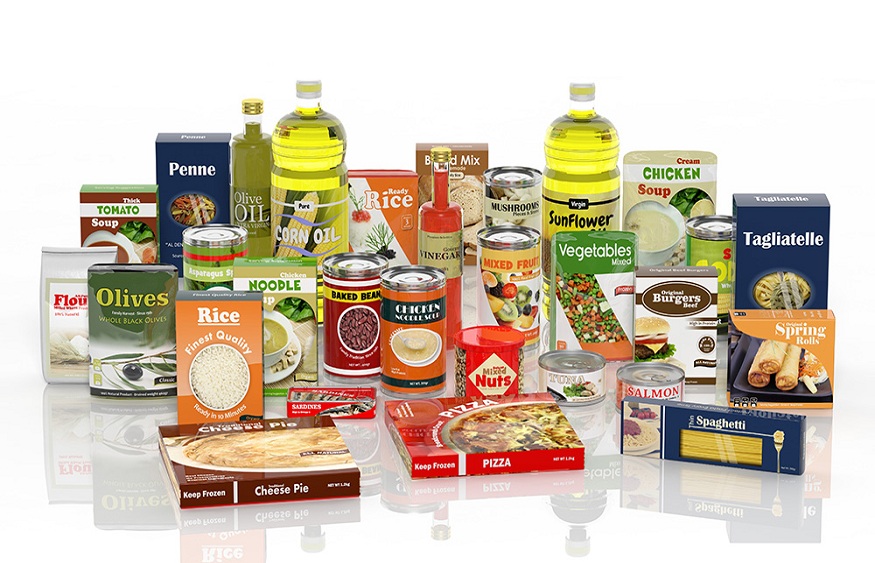In today’s competitive marketplace, businesses constantly seek innovative ways to differentiate themselves while maximizing profits. One strategy gaining momentum is leveraging private label lubricants. These products, customized to bear your brand’s identity, offer a unique opportunity to create tailored solutions for your customers while potentially boosting your bottom line. However, as with any business decision, adopting private label lubricants comes with its own set of advantages and challenges. This blog delves into the critical factors to consider, helping you determine whether private label lubricants are a worthwhile investment for your product lineup.
Understanding Private Label Lubricants
Private label lubricants are products manufactured by a third party but branded and sold under your company’s name. These products can include automotive, industrial, and specialty lubricants, designed to meet the specific needs of your target audience. By collaborating with a reliable manufacturer, you can customize formulas, packaging, and branding to align with your business goals.
The private labeling model has gained traction across industries due to its flexibility and cost-effectiveness. For businesses, it presents an opportunity to control product quality, build brand loyalty, and tap into new market segments without the need for extensive R&D or manufacturing facilities.
The Benefits of Choosing Private Label Lubricants
1. Brand Differentiation
One of the most significant advantages of private label lubricants is the ability to stand out in a crowded market. By offering a product that reflects your brand’s unique identity, you can create a stronger connection with customers. Whether it’s eco-friendly formulations, specialized additives, or custom packaging, private labeling allows you to deliver value that competitors may lack.
2. Cost-Effectiveness
Developing and manufacturing lubricants in-house requires substantial investment in equipment, raw materials, and expertise. Private label solutions eliminate these barriers, allowing you to focus on branding and distribution while the manufacturer handles production. This approach can significantly reduce overhead costs, making it an economically viable option.
3. Enhanced Profit Margins
By selling products under your brand, you control pricing strategies. Private label lubricants often provide higher profit margins compared to distributing third-party brands, as you can price products based on perceived value rather than standardized market rates.
4. Flexibility in Product Offering
Private label agreements enable you to diversify your product portfolio. From high-performance industrial lubricants to specialized automotive oils, you can tailor offerings to meet the specific demands of your target market. This flexibility can be especially advantageous in niche markets where customization is a key selling point.
5. Strengthened Customer Loyalty
Private label products are often perceived as exclusive and trustworthy because they carry a brand’s unique identity and promise. Unlike generic or widely available products, private label items, such as lubricants, are specifically tailored to reflect a company’s values and commitment to quality. This exclusivity creates a sense of differentiation, making customers feel like they are receiving a specialized product that cannot be found elsewhere.
When businesses offer high-quality lubricants under their private label, they instill confidence in customers. The consistent performance and reliability of the product build trust, which is essential for long-term relationships. Customers who associate a brand with dependable products are more likely to remain loyal, often choosing these private label offerings over competing options.
Moreover, unique branding plays a critical role in fostering repeat business. Private label lubricants with customized packaging, design, and messaging strengthen brand recognition. As customers become familiar with your brand’s identity and product quality, they are more inclined to return for future purchases.
Challenges to Consider
1. Quality Control
The success of private lube labels hinges on the quality of the products. Partnering with a reputable manufacturer is critical to ensure that the lubricants meet industry standards and customer expectations. Failing to deliver consistent quality could harm your brand’s reputation.
2. Regulatory Compliance
Lubricants are subject to strict regulations depending on their application and region. Ensuring that your private label products comply with relevant standards can be a complex process, requiring close collaboration with the manufacturer.
3. Upfront Investment
While private labeling eliminates the need for manufacturing facilities, there are upfront costs associated with branding, packaging design, and initial inventory. Proper planning is essential to manage these expenses and achieve a profitable return on investment.
4. Dependence on Manufacturers
Your brand’s success is tied to the performance of the manufacturing partner. Delays, quality issues, or supply chain disruptions can directly impact your business. Therefore, choosing a reliable manufacturer is paramount.
Key Considerations Before Adopting Private Label Lubricants
1. Evaluate Market Demand
Conduct thorough market research to identify customer preferences and gaps in the existing offerings. Understanding demand trends will help you design products that resonate with your audience.
2. Choose the Right Partner
Selecting a trusted manufacturer is crucial. Look for a partner with a proven track record, comprehensive quality assurance processes, and the ability to deliver custom solutions. Request samples and test them rigorously to ensure they meet your standards.
3. Focus on Branding
Your brand’s identity plays a pivotal role in the success of private label products. Invest in compelling packaging, clear labeling, and consistent marketing to create a strong impression. The goal is to establish your lubricants as a reliable choice in the market.
4. Plan Your Distribution Strategy
Whether you’re selling through retail outlets, online platforms, or directly to industrial clients, an effective distribution strategy is key. Ensure that your pricing and logistics align with your target audience’s preferences.
5. Monitor Performance Metrics
Track sales, customer feedback, and market trends to assess the performance of your private label lubricants. Use these insights to make data-driven decisions and refine your offerings.
Is It Worth It?
Private label lubricants can be a game-changer for businesses aiming to expand their brand presence and diversify their product portfolio. By offering customized solutions under your brand, you not only create a unique selling proposition but also build stronger relationships with customers. However, success depends on careful planning, thorough research, and collaboration with a trustworthy manufacturer.
Ultimately, private label lubricants and food packaging labels are worth considering if you’re looking to differentiate your brand, improve profitability, and cater to specific market needs. With the right strategy and execution, they can become a valuable addition to your business model, paving the way for sustained growth and customer loyalty.

